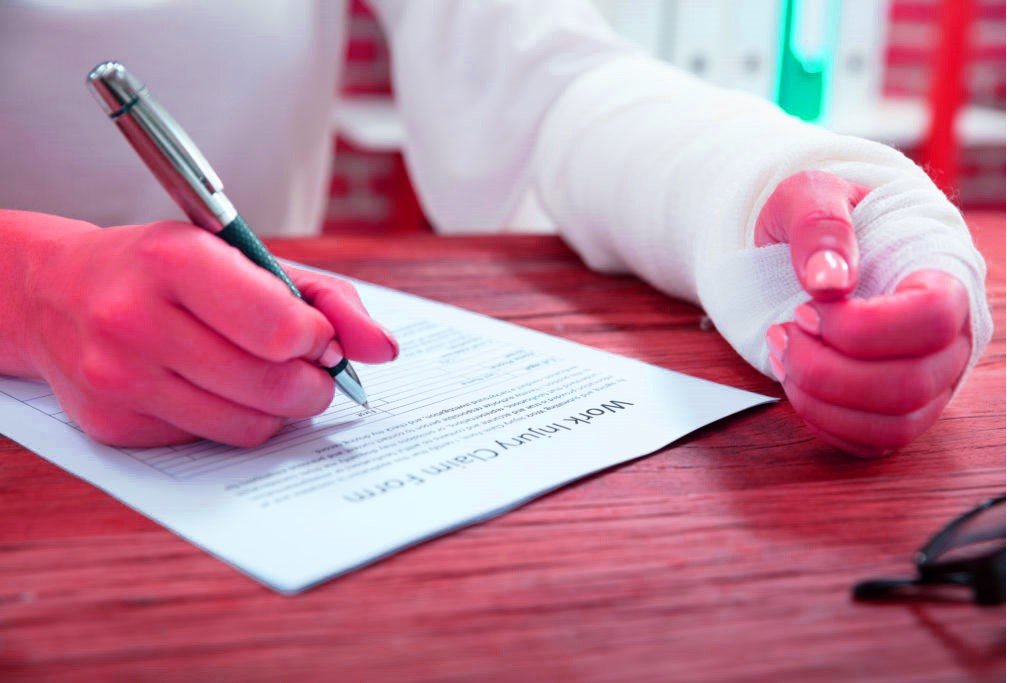How To Avoid Hitting A Deer In the Roadway

Every year, there are around 1.5 million car accidents in the United States caused by deer, resulting in over 150 fatalities and thousands of injuries. Colliding with a deer can be a traumatic and costly experience. In this article, we will explore some essential tips on how to avoid hitting a deer on the roadway.
Contents
Understanding Deer Behavior
Before we dive into how to avoid hitting a deer, it’s essential to understand deer behavior. Deer are most active during dawn and dusk, so it’s essential to be extra cautious during these times. They also tend to travel in groups, so if you see one deer, there’s a high chance that more will follow.
Stay Alert and Slow Down
The most effective way to avoid hitting a deer is to stay alert and slow down. Keep your eyes on the road and scan ahead for any signs of deer. Be extra cautious when driving through wooded areas, near farmland, and along the roadside. If you see a deer, slow down immediately and be prepared to stop.
Use Your Horn and Headlights
Using your horn and headlights can help scare deer away and alert them to your presence. If you see a deer in the distance, honk your horn to warn it away. Use your high beams whenever possible to increase your visibility and make it easier to spot deer.
Read More: Pensacola Signals All Aboard for Amtrak’s Return to Business (2023)
Don’t Swerve
It can be tempting to swerve to avoid hitting a deer, but this can be dangerous. Swerving can cause you to lose control of your vehicle and potentially collide with other objects or vehicles. It’s best to brake and stay in your lane, even if it means hitting the deer.
Buckle Up and Stay Focused
Wearing your seatbelt is essential for any car ride, but it’s especially important when driving in areas with a high risk of deer collisions. In the event of an accident, a seatbelt can significantly reduce the risk of injury or death. Additionally, staying focused on the road and avoiding distractions can increase your chances of spotting a deer in time to avoid a collision.
Use Deer Whistles
Deer whistles are small devices that emit a high-pitched sound that is meant to scare deer away. While there is no scientific evidence to support their effectiveness, some drivers swear by them. They are inexpensive and easy to install, so it may be worth giving them a try.
Watch for Road Signs
Pay attention to road signs that warn of deer crossings. These signs are typically placed in areas where deer are known to be active, so be extra cautious when driving through these areas. Additionally, many states have wildlife management areas where deer are known to be active, so be sure to familiarize yourself with these areas before driving through them.
Read More: Who To Call After A Truck Accident (2023)
Keep Your Vehicle Maintained
Keeping your vehicle maintained is essential for safe driving, but it’s especially important when driving in areas with a high risk of deer collisions. Make sure your brakes, headlights, and horn are in good working condition. Additionally, keep your windshield clean and free of cracks or chips that can obstruct your view.
Stay in Your Lane
If you see a deer on the roadway, stay in your lane and slow down. Don’t attempt to pass the deer, as it may jump in front of your vehicle. Additionally, if you see a deer on the side of the road, slow down and be prepared for it to run out into the roadway.
Be Prepared for the Worst
Despite your best efforts, sometimes hitting a deer is unavoidable. If you do hit a deer, it’s essential to stay calm and follow these steps:
- Pull over to a safe location and turn on your hazard lights.
- Check yourself and your passengers for injuries.
- Call the police and report the accident.
- Don’t attempt to move the deer or any other injured animals.
- Take photos of the damage to your vehicle and the surrounding area.
- Contact your insurance company and report the accident.
Conclusion
Hitting a deer on the roadway can be a scary and costly experience, but by following these essential tips, you can reduce your chances of a collision. Remember to stay alert, slow down, use your horn and headlights, and avoid swerving. If you do hit a deer, stay calm and follow the proper steps.
FAQs
Can hitting a deer cause significant damage to my car?
Yes, hitting a deer can cause significant damage to your car, including broken windows, dented doors, and damage to the front end of your vehicle.
How can I tell if I’m driving in an area with a high risk of deer collisions?
Watch for road signs that warn of deer crossings and familiarize yourself with wildlife management areas in your state.
Can deer whistles prevent deer collisions?
While there is no scientific evidence to support their effectiveness, some drivers swear by deer whistles.
What should I do if I hitting a deer?
If you hit a deer, pull over to a safe location, check for injuries, call the police, and report the accident to your insurance company.
How can I avoid hitting a deer while driving at night?
Use your high beams whenever possible, stay alert, and slow down. If you see a deer, honk your horn to warn it away.

